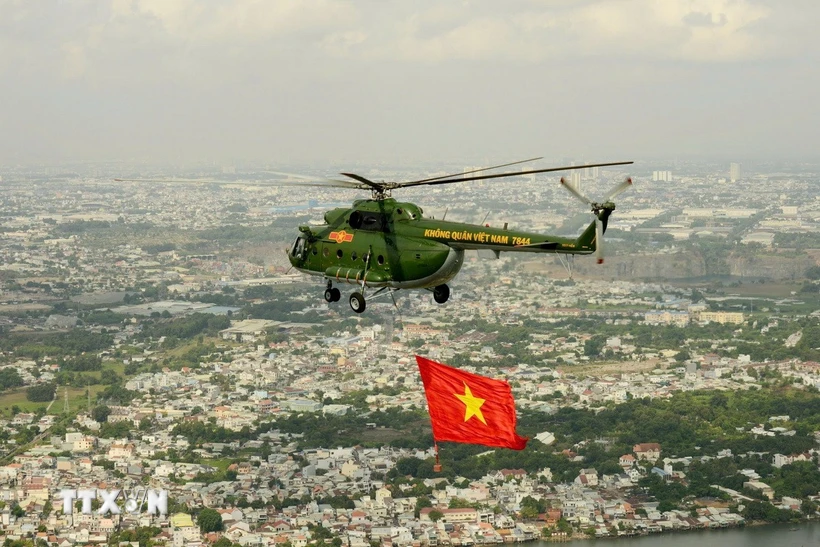
The year 2025 marks 50 years since the country's reunification (April 30, 1975 - April 30, 2025), a very important milestone in the nation's thousands of years of history, and opens a journey full of efforts for the country and people of Vietnam. (Photo: Manh Linh/VNA)
“The year 2025 marks 50 years since the country's reunification (April 30, 1975 - April 30, 2025), a very important milestone in the nation's thousands of years of history, and at the same time opens a journey full of efforts for the country and people of Vietnam.”
This is the comment of Professor Chu Hoang Long, Director of the Vietnam Policy Research Center at the Australian National University, Vice President of the Association of Vietnamese Intellectuals and Experts in Australia.
In an interview with a VNA reporter in Australia, Professor Chu Hoang Long said that from a country heavily devastated by war and one of the poorest in the world, Vietnam has risen strongly, asserting its position as a dynamic, vocal and responsible nation in the international arena. Vietnam has made great strides both in terms of national status - from economy , society, culture, foreign relations - and in terms of personal development, where each citizen has more and more opportunities to develop their life, physical, intellectual, spiritual, thinking and professional skills.
According to Professor Chu Hoang Long, there are many factors that contribute to the potential and position of Vietnam today, especially in the recent period of innovation and deep integration. However, the two most important factors contributing to the country's remarkable acceleration in recent times are a stable political system and a flexible foreign policy, maintaining a peaceful environment for development, while enhancing Vietnam's role and image in the international arena; and human potential - a hard-working, intelligent, studious nation with a spirit of overcoming difficulties and solidarity - is the solid foundation for Vietnam to develop sustainably and affirm its position in the future.
Professor Chu Hoang Long believes that the spirit of national solidarity is the core strength leading to the historic victory of April 30, 1975 and is also the key for Vietnam to rise strongly during the 50 years of building and developing the country after reunification.
The unified country is a clear demonstration that the internal unity of the Vietnamese people has surpassed the desire for division from outside.
National unity also creates great strength to heal the wounds of war, helping the Vietnamese people - regardless of region or hometown - join hands to restore and rebuild the country.
That spirit is also clearly demonstrated through the joint efforts, unanimity, and adaptation in each stage, to bring the country to achieve many socio-economic achievements today.
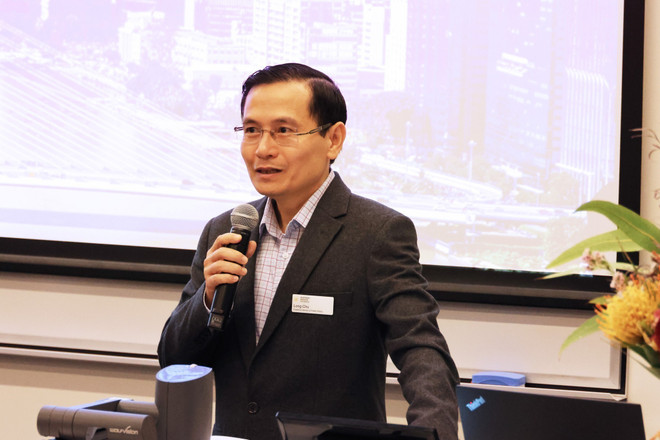
Professor Chu Hoang Long. (Photo: VNA)
According to Professor Chu Hoang Long's observation, over the past 50 years, the spirit of national solidarity has not faded but has been increasingly aroused more strongly, flexibly and deeply in each stage of the country's development. It is a core value present in every Vietnamese person, regardless of place of residence, occupation or social class.
This is the decisive factor, consistent throughout the nation's historical journey, helping the country not only rise up after war, overcome difficulties, natural disasters, pandemics... but also gradually affirm its solid position in a volatile world with increasingly fierce competition.
Professor Chu Hoang Long believes that the core elements from the cause of fighting and unifying the country can be effectively applied in the context of the 4.0 industrial revolution and the current digital economy.
Firstly, it is the aspiration to master the future. If 50 years ago, that aspiration was to regain a unified country, to unify the country, then today, that aspiration is to master the economic and technological destiny, to make Vietnam a developed, high-income country.
From historical aspirations, the Vietnamese people can awaken and nurture the national spirit of innovation, daring to think big, act quickly, and look towards the future.
That aspiration is the driving force to build a comprehensive digital ecosystem, from digital government, digital businesses to digital citizens, where everyone has the opportunity to contribute and enjoy the fruits of development.
Second, it is cultural identity - the foundation that has contributed to the strength of great solidarity in the cause of national unification. Territorial unification is also a clear affirmation of the integrity of language, tradition, spiritual values and national will.
In the digital age, when physical boundaries are blurring and global culture is pervasive, preserving and promoting cultural identity is not only about preserving roots, but also a competitive advantage.
That identity will help Vietnam position itself on the world map clearly and differently, both integrating and not assimilating. Culture is also a soft resource to build digital trust, digital ethics and sustainable development standards in the new era.
Third, it is the strategic vision and flexibility of the country's leadership, especially in developing and using knowledge.
In war, victory comes not only from courage but also from strategic thinking, adaptability and the ability to seize opportunities. These qualities are increasingly essential in running a modern nation, where data, technology and analytical thinking are vital.
Vietnam needs to continue promoting innovative thinking, flexibility and long-term vision to effectively respond to new challenges such as climate change, cyber security, digital geopolitical competition and especially the risk of falling behind if it fails to promptly adapt to rapid technological changes.
Professor Chu Hoang Long affirmed that the historic victory of April 30, 1975 was an important milestone in the history of building and defending the country of the Vietnamese people, and at the same time left many profound and valuable lessons for the cause of building and developing the country, especially in the context of deep integration with the world economy today.
First of all, the biggest lesson is national connection and solidarity. It is the close connection between leaders and people, between the rear and the front, between social classes and components, overcoming all differences to work towards a common goal.
In the era of globalization, that spirit needs to be promoted to gather and develop the strength of the entire people in realizing the aspiration for power, preserving sovereignty, affirming identity, and enhancing Vietnam's position in the international arena.
The second is the ability to arouse and promote the nation's internal strength. The April 30 victory is proof that internal strength - including people, cultural identity, patriotic traditions and Vietnamese national intelligence - is the solid foundation that helps the country overcome all challenges.
In today's world context, when a disturbance in any region can spread and affect the whole world, the spirit of self-reliance, self-improvement and the aspiration to control one's destiny becomes even more urgent.
Investing in people, developing education, unlocking creative potential and promoting innovation is the way for Vietnam to unleash its internal strength and create breakthroughs in its journey of sustainable development.
Third is strategic thinking, flexibility in action and the ability to take advantage of opportunities to realize overall, long-term goals. In war, we always stick to the overall strategy, while being flexible and creative in each specific tactic. That is the secret to turning challenges into victories.
Those qualities continue to be the guiding principles for Vietnam today, especially in policy making, foreign strategy building, economic development, science and technology, and responding to global fluctuations.
Maintaining a long-term vision while proactively adapting to rapidly changing realities will be the key for the country to thrive in the new era./.
(TTXVN/Vietnam+)
Source: https://www.vietnamplus.vn/viet-nam-vuon-minh-manh-me-khang-dinh-vi-the-quoc-gia-tren-truong-quoc-te-post1034783.vnp



![[Photo] Lam Dong: Images of damage after a suspected lake burst in Tuy Phong](https://vphoto.vietnam.vn/thumb/1200x675/vietnam/resource/IMAGE/2025/11/02/1762078736805_8e7f5424f473782d2162-5118-jpg.webp)



![[Photo] President Luong Cuong receives US Secretary of War Pete Hegseth](https://vphoto.vietnam.vn/thumb/1200x675/vietnam/resource/IMAGE/2025/11/02/1762089839868_ndo_br_1-jpg.webp)


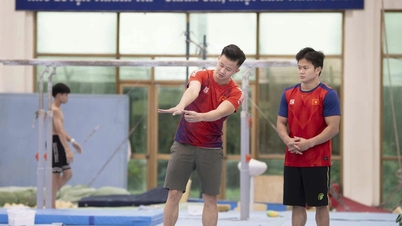



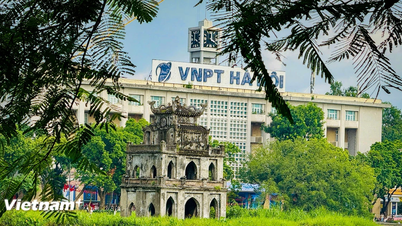
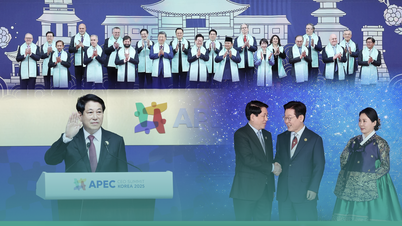

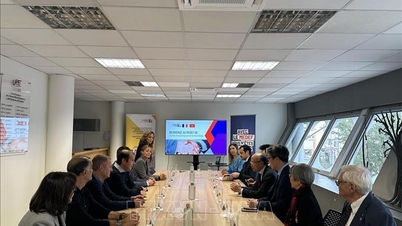


















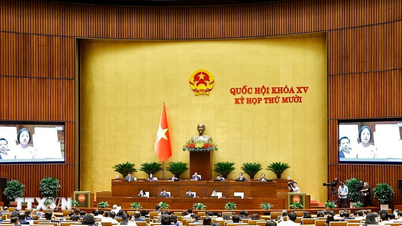























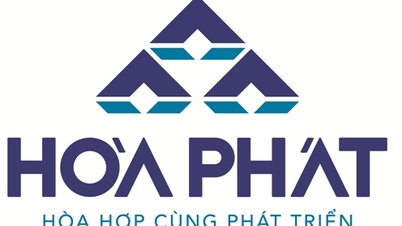

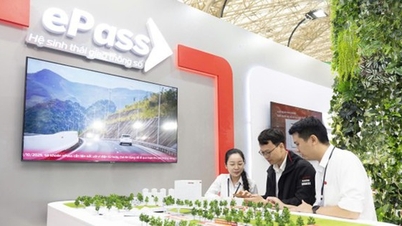







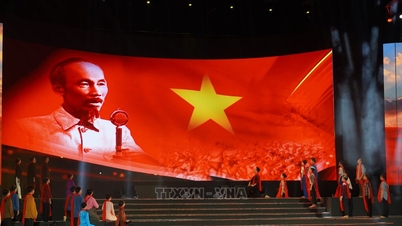

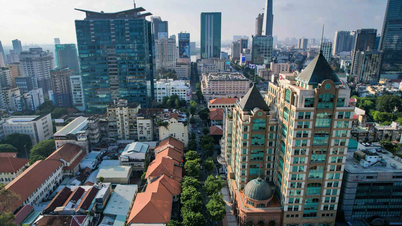


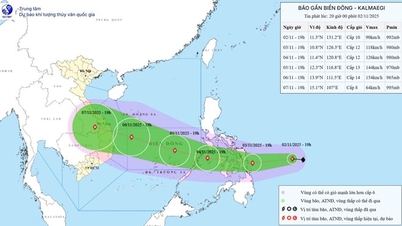

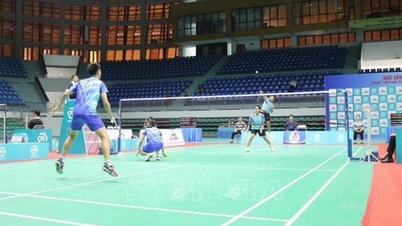

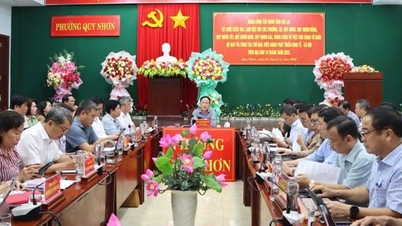
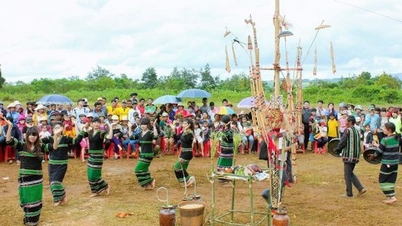



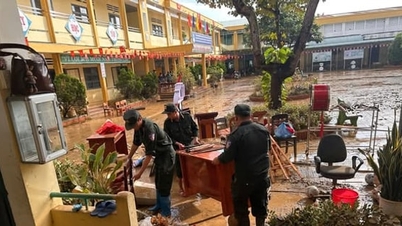

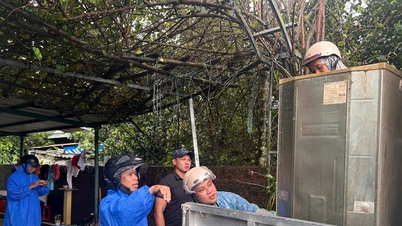

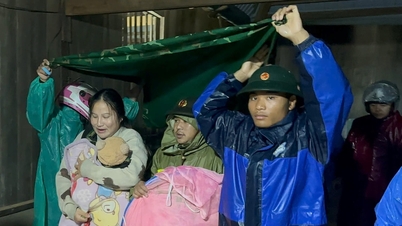
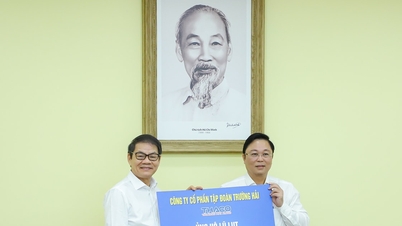












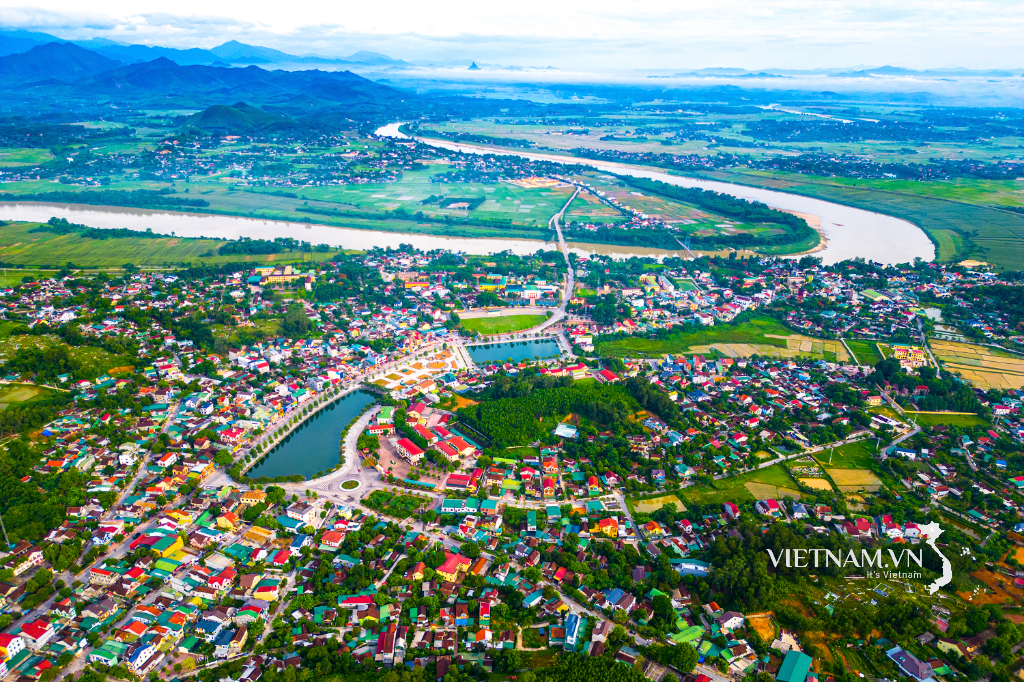



Comment (0)